Twitter is becoming a good platform for resolving issues: Terry Peigh
Terry Peigh, Managing Director, IPG Group, is no stranger to India. On his fifth visit to the country, Peigh briefed the marketing community and media on what changes the digital revolution has brought about in paradigms and behaviour of consumers.
In an interaction with Adgully, Terry Peigh speaks about brand security and brand trust, investments on private labels and more.
Also read:
IPG’s Terry Peigh on 6 paradigms of traditional marketing that are being challenged
You have highlighted trust deficit and brand trust. How are you seeing Indian brands upping their trust level?
I don’t spend enough time in India to track Indian brands, but overall we are seeing companies around the world working strongly on this by increasing the communication they have with customers, addressing complaints very quickly and honestly, which is a fairly new thing I am seeing. Twitter is becoming a very good platform for resolving issues and it’s become the new complaint platform. You lose a bag in an airplane and people instantly go on Twitter and you get resolution. I think that kind of communication helps. The response time has got much much faster when dealing with product complaints. People are being much more open about product sourcing, client practices to tell people here’s how the product is made and here’s who’s making it. Here’s what our company is making and that is what is very important.
How can companies ensure brand security in times of slowdown or turbulence in the market?
I think the private label is a part of that, because I think private label is posing a threat to a lot of companies. You need imbue your brand with a lot of equity and a high degree of trust and constantly challenge yourself on the product quality in your price point. This is not something you visit every 5 years, this is something you visit every couple of months. The markets have been so much faster these days than they were before and the fact that influencers influence much faster now is a spectacular trend. What used to be a 2-3 year analysis has now become a 2-3 month analysis.
How will unprecedented investments on private label brands by e-commerce and modern retail change the competitive ecosystem?
They’re offerings are changing dramatically. They are offering a comparable quality product, and in many cases at price points that are 20-30 per cent less, which is a major shift. Branded companies used to be like the elite effect that everyone’s going to go, because the private label products have a different kind of image. Now those days are changing. Millennials, in particular, do not consider private labels as bad stuff, and they see merit in them. If I can just find something for 30 per cent less, which comes in a flavour or style that I like, and I can get it delivered by Walmart and Amazon tomorrow – I would go for it. It’s a major threat to brands and products as all these private labels have 50-60 products – be it fashion, electronics, beauty products and even grocery.
Can influencers really create a road block for brands if they lack trust?
Certainly, it’s a known fact that influencers are paid and that they are not genuine, they are not authentic, and there’s not much faith in them.
How can platform brands of the digital world change operating conditions for the leading brands of an older era?
Platform brands in the digital world is this whole notion of pushing information of consumers. They are a lot more about getting those consumers to talk about their product to somebody else. It’s a whole different approach towards marketing. It’s all about creating brand experiences, it’s all about finding consumers and giving them what they need, talk about their product in a new way. It’s not so much worrying about ‘have I sold more today?’, it is all about ‘have I made a lifelong friend?’.
A lot of people are going through social media, searching online and talking to families before they make a purchase. In such a scenario, do brands really need to spend that kind of money now to advertise?
Sure, because you need to provide communication to those people to drive the right conversations. Data shows that more and more people want more and more information, so they can talk about it, especially in India, so they can convince others. Therefore, backing off communication from the consumers is not the way to do it. If the communication is done correctly, brands will get the bang for every buck that they are spending.
Along with this, brands also need to shore up their post purchase communication. Has the brand instructed the customer on how to use the product? Are they asking how happy the customer is? Are they informing the customer about a purchase contract? These form part of the post purchase communication.
The six country study "New consumers,New War,New Rules" by Mr.Terry Peigh was presented by FCB India



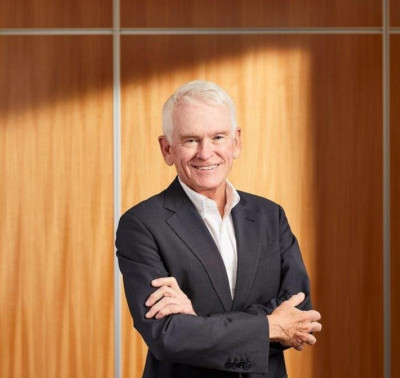

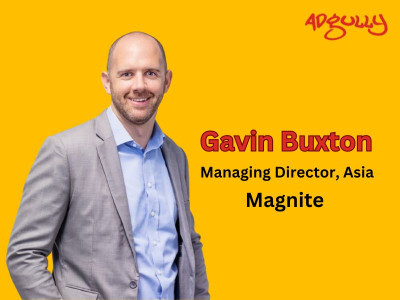
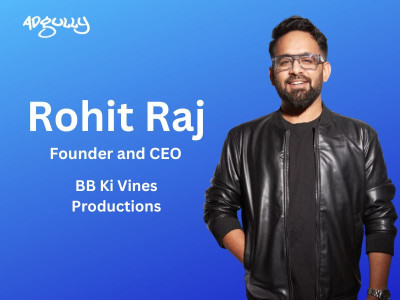
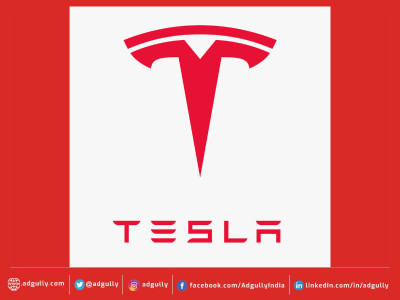


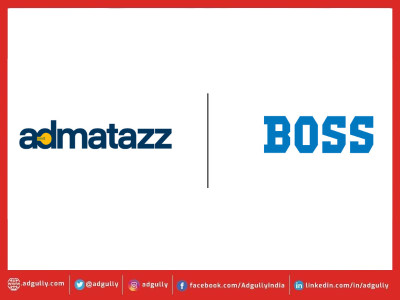
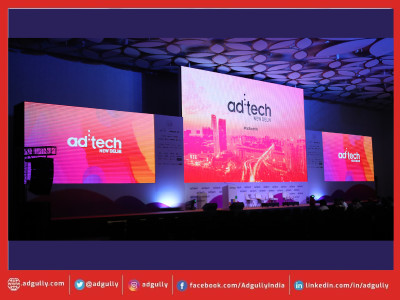

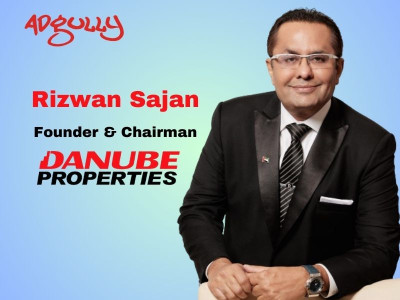
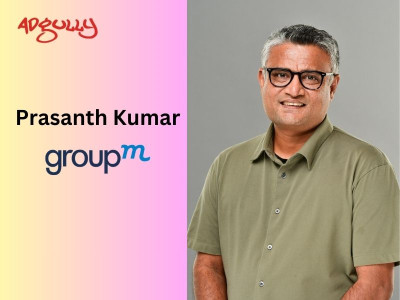
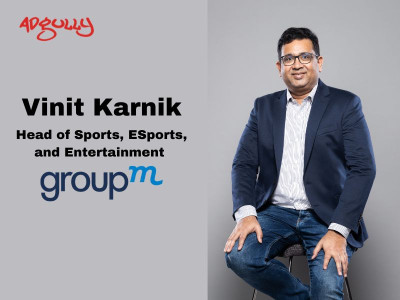


Share
Facebook
YouTube
Tweet
Twitter
LinkedIn